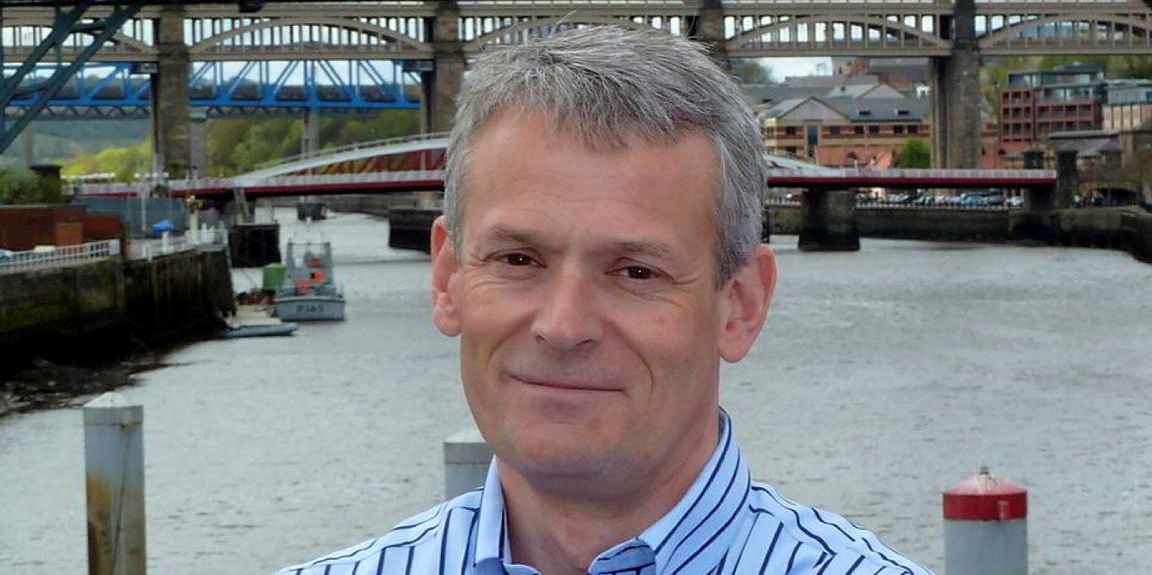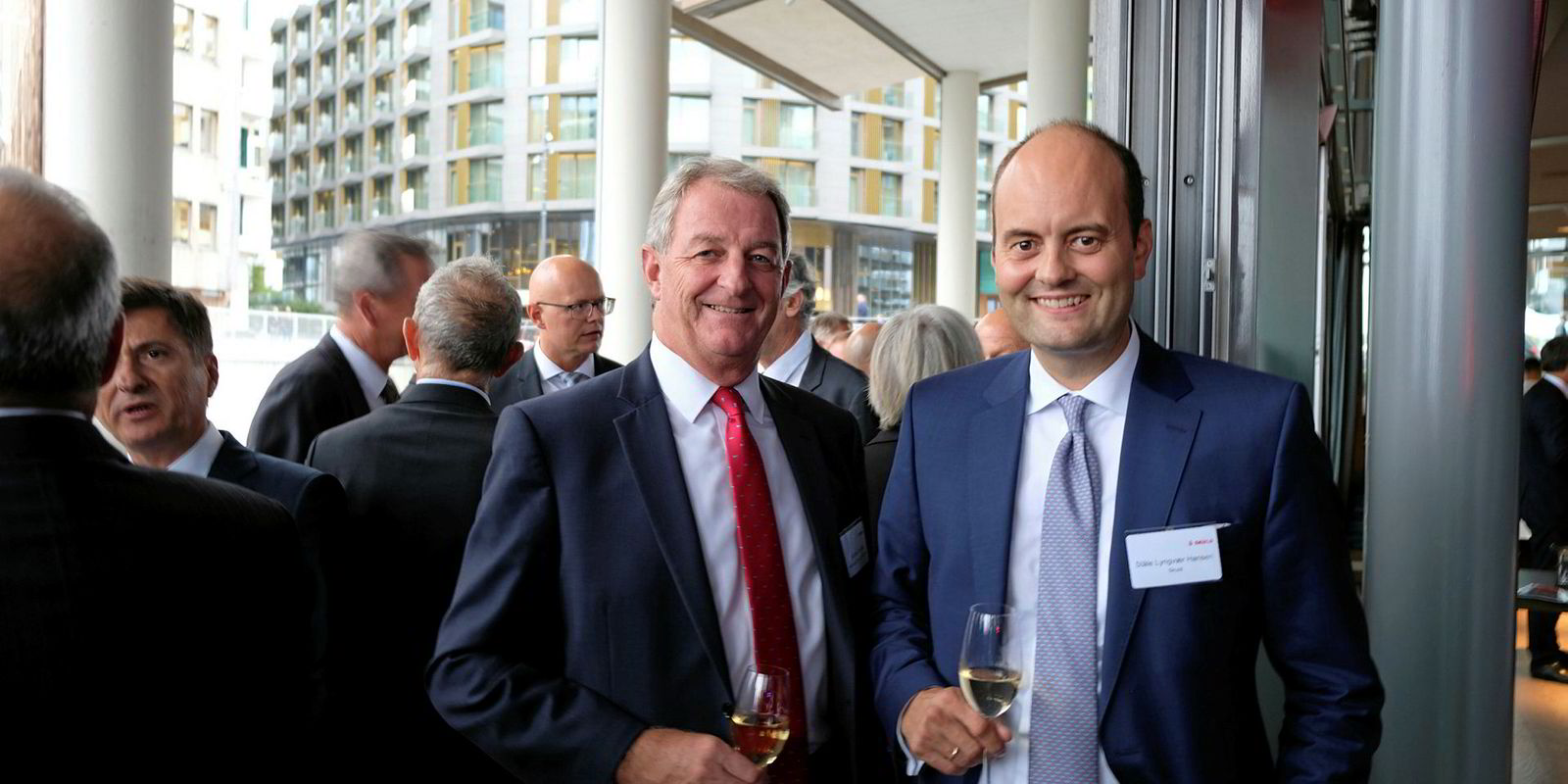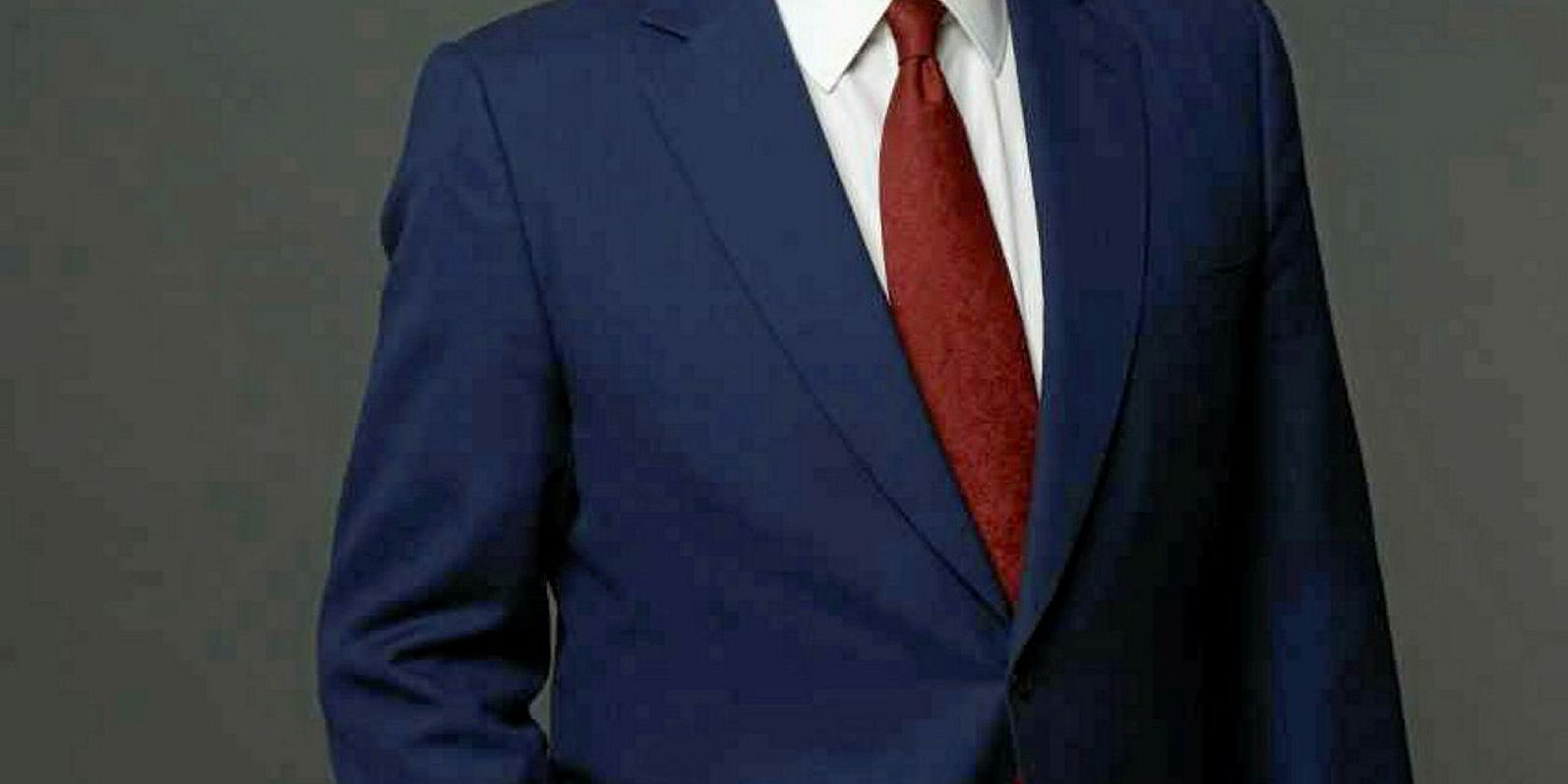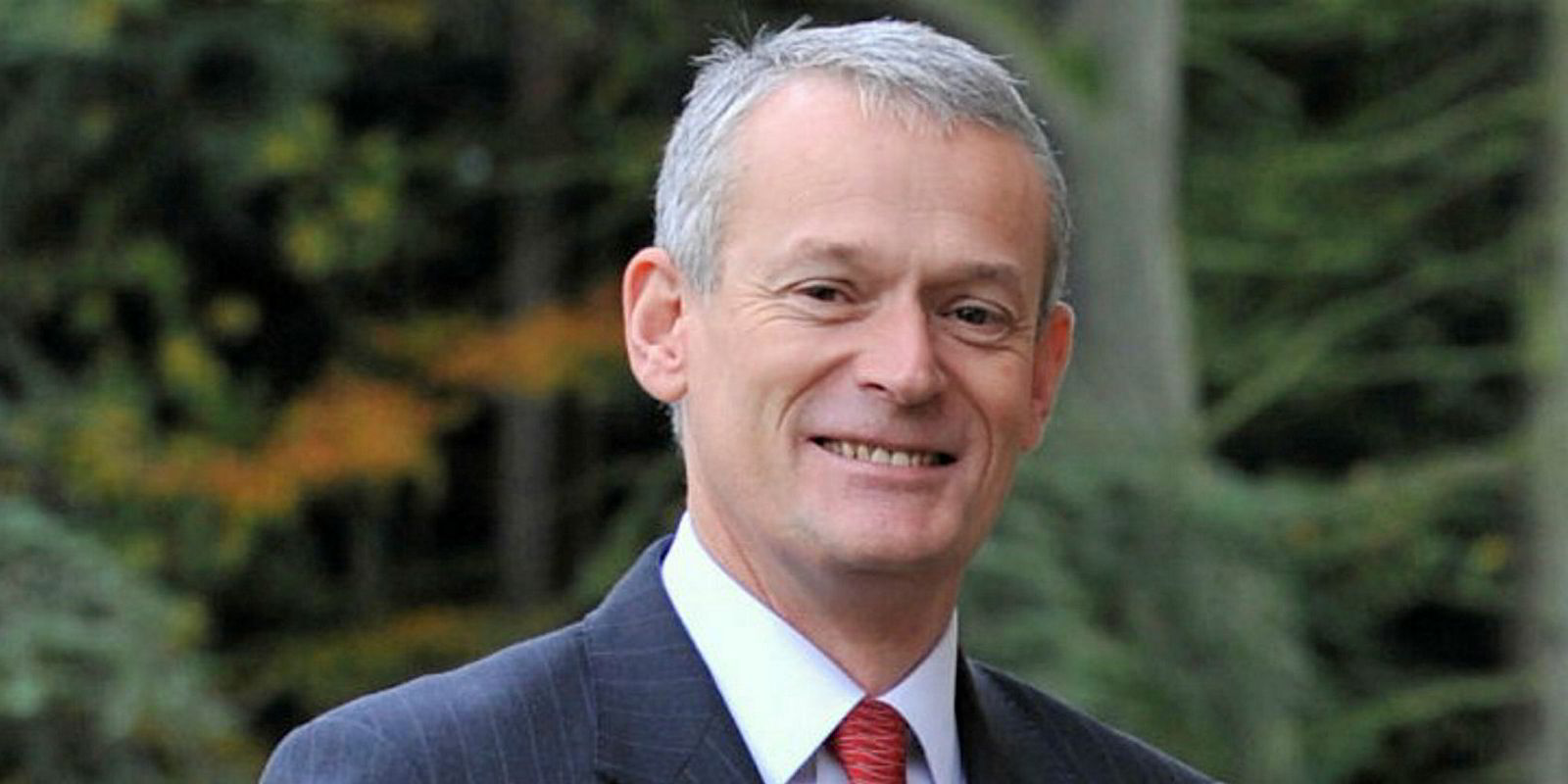The International Group of Protection & Indemnity Clubs is going through a transition period, as it makes changes at the top and undertakes a programme of modernisation.
Last November, UK P&I Club chairman Hugo Wynn-Williams stepped down and was replaced by North P&I chief executive Paul Jennings. Later this year, Andrew Bardot will leave after 13 years as chief executive to be replaced by former Reed Smith partner Nick Shaw.
Bardot’s departure is seen as a loss by many within the group. He successfully united the organisation, despite many members holding disparate and conflicting views, while his experience in areas such as seeing off an investigation by competition authorities is highly valued.
Charismatic and influential
Wynn-Williams was a charismatic and influential figure at the helm of the group, although at times domineering, if the private comments of some of the group’s mutual members are anything to go by.
Members expect Jennings to be more consensual than his predecessor. He has also earned the respect of his peers as someone whose career at the North P&I Club mapped the growth of the Newcastle-based mutual from a minor P&I player to one of the group’s largest members.
Jennings says despite these changes, the core of the group’s secretariat remains in place and he describes Shaw as “an excellent replacement” for Bardot.
But change has already begun at the group with a review of the brokering of its reinsurance programme, which has resulted in an updated model.
Jennings says his main priority as chairman is to continue with the reforms at the International Group that were set off by market research undertaken two years ago.
Since then, there have been two key meetings on how the group can reform in line with findings of the survey.
“It’s about making sure the International Group remains relevant to the market and the needs of clients,” Jennings says. “It’s important we continue to assess and look at a number of areas.”

He cites the move by members to provide Maritime Labour Convention cover as an example of how the group is responding to the demands of the market.
One lesson learned from the survey was that the group could have been better at getting across the role it plays in helping the industry to secure low-cost cover.
“In terms of our profile, it is a process of trying to inform people what our role is because the feedback we got was not clear,” Jennings says.
Governance review
The survey also indicated that the group could be too bureaucratic and Jennings says it needs to look at whether it can be more efficient while also reviewing its system of governance.
However, those who have called for major changes to the terms set out in the International Group Agreement may be disappointed.
Jennings says calls to alter individual retained risk in the reinsurance model and for the group to promote consolidation within the P&I industry are not currently on the cards.
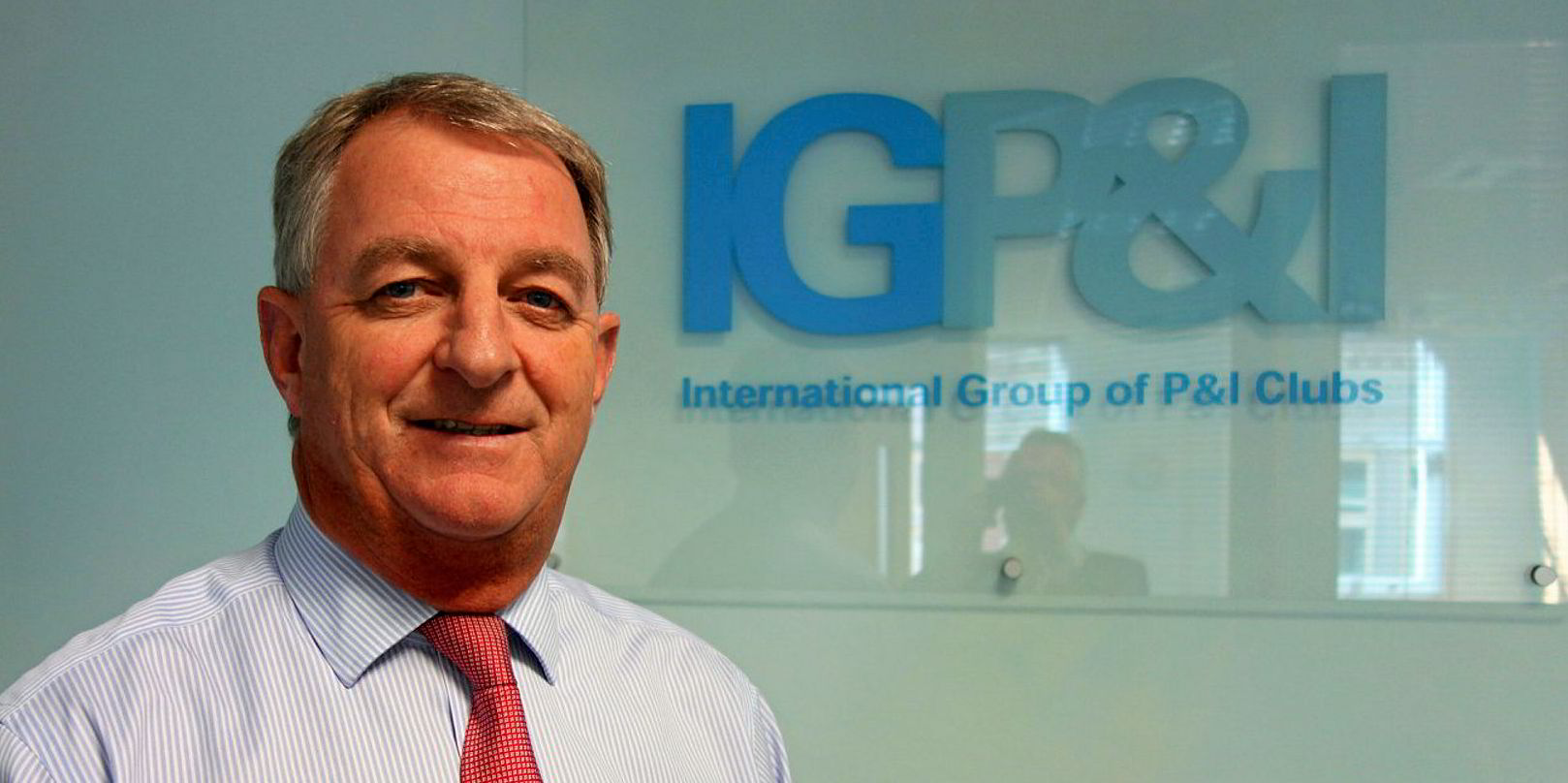
But he does want to generate ideas for cooperation within the International Group that do not disturb the intense competition between clubs.
“What I would like to achieve is to identify areas where we can benefit members and, whilst still remaining in competition, explore areas for cooperation for the mutual benefit,” he says.
Digital disruption
Technology is one area of potential collaboration. Jennings sees the growth of digitalisation within P&I as more suited to loss prevention than risk rating.
He believes a move towards a collective database on loss records, similar to one currently being undertaken by the International Union of Marine Insurance (IUMI) could make a major contribution towards safety.
Jennings sees the potential and recognises the advantages of such a database but admits the group is a long way from forming such an initiative.
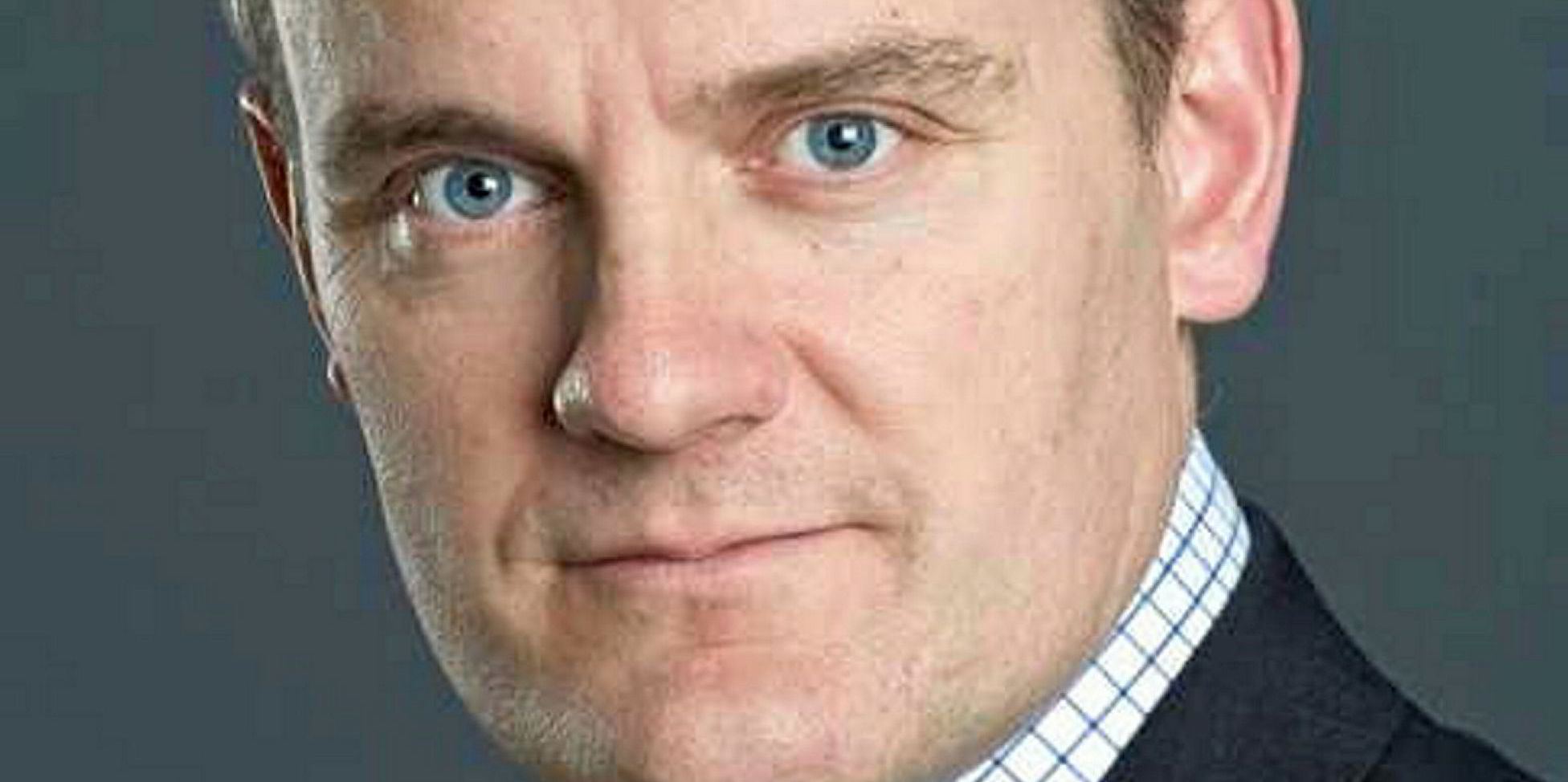
He says group members are in a relatively healthy financial position with plentiful free reserves built up over a period of low claims and high investment income. But he cautions that the situation is changing.
“The reserving levels are at the highest level they have ever been but the regulatory capital requirements are also at their highest level,” he says. “We have also seen an erosion of premium across the group and it is getting to a level at the bottom of the market.”
Despite the complexities of the P&I world, which Jennings will have to deal with over the coming years, his view of the industry’s role is a simple one and one that has brought much success to North P&I Club.
“Our purpose in life is simple: it is to enable our members to trade with confidence,” he says.
The International Group of Protection & Indemnity Clubs is made up of 13 mutual marine P&I insurers from around the world.
Its member companies operate in accordance with the International Group Agreement and it has a structured sharing agreement for individual club claims exceeding $10m, which enter into a common reinsurance arrangement up to $3.1bn.
International Group members account for more than 90% of world tonnage, amounting to 1.2 billion gt.
